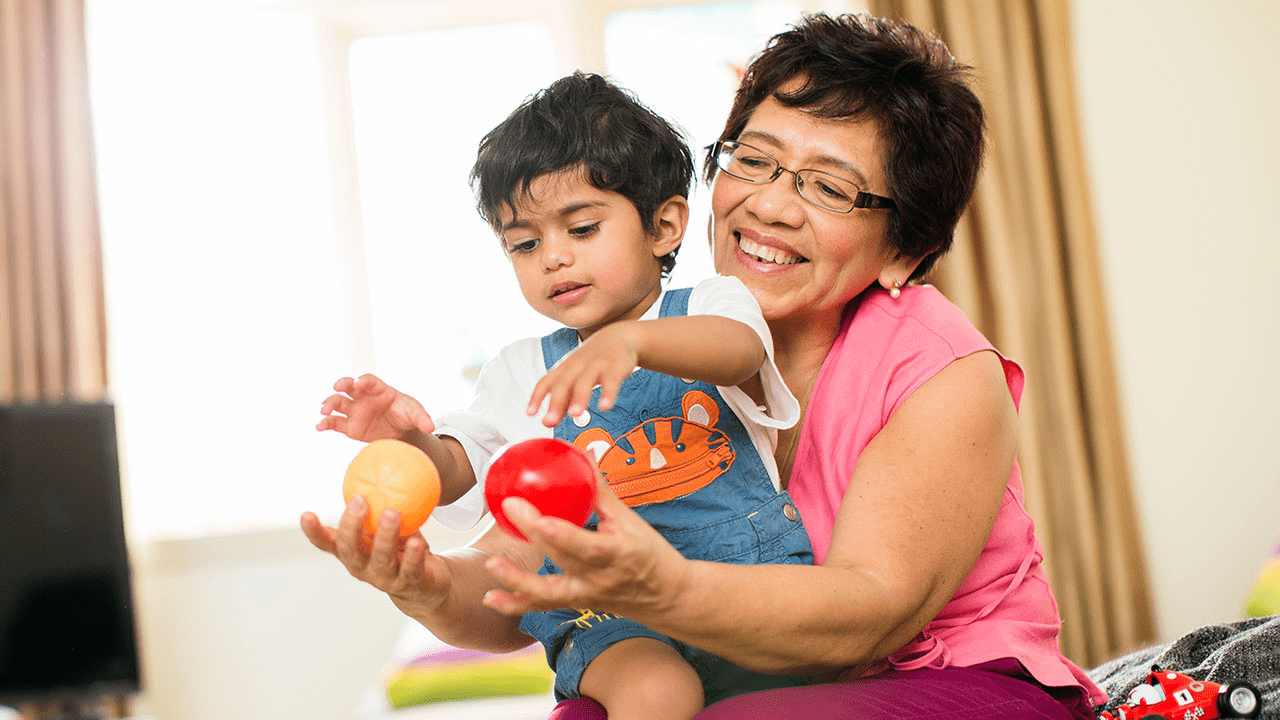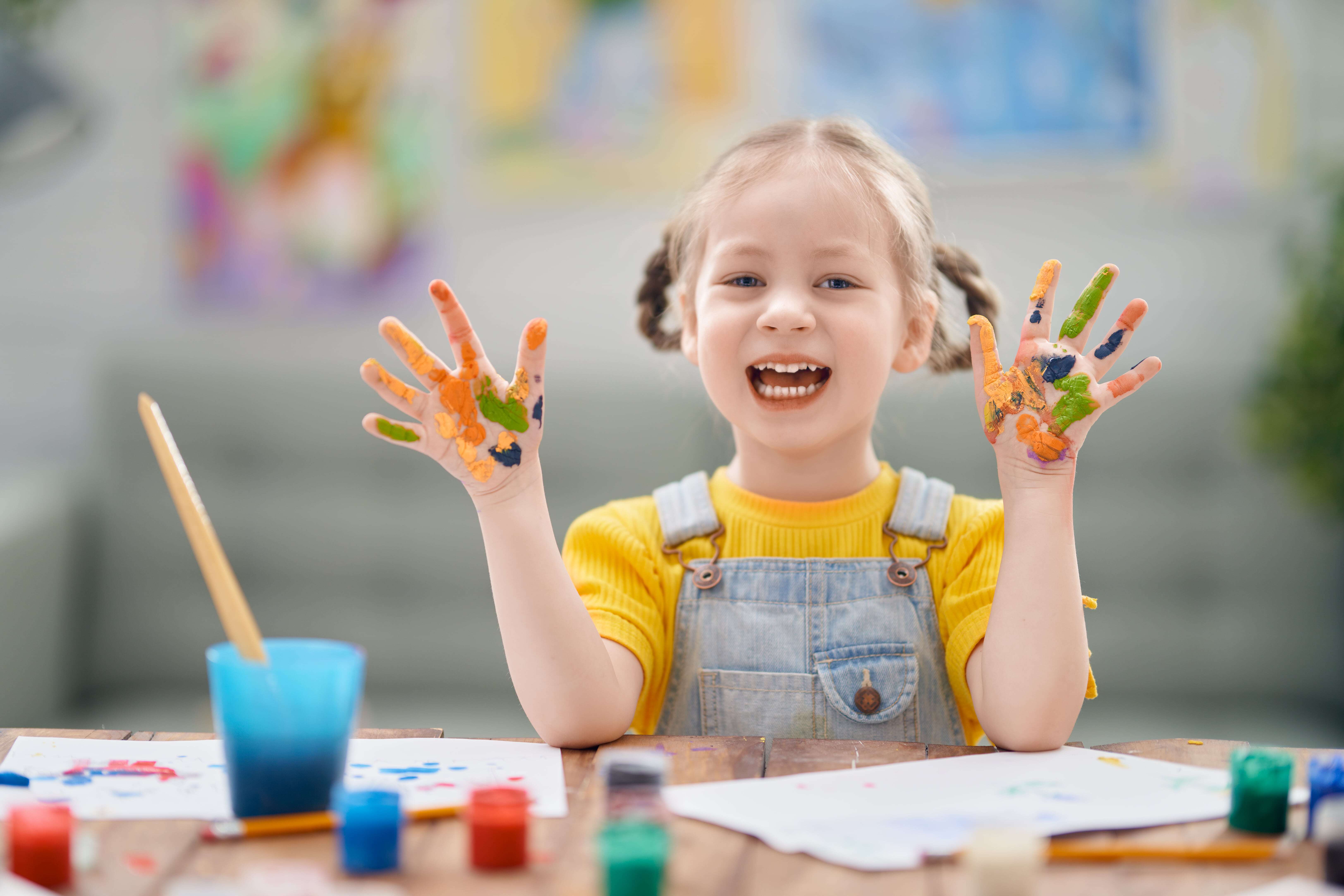By Bobbi Jo Gaetz, B.Ed, M.Ed, R.Psych
The new buzzword in psychology and child development is “emotional regulation”. What that really means is the ability of children to be able to regulate their big emotions. When emotions are out of control, we will see behaviours such as meltdowns and tantrums or even aggression. The emotions driving these behaviours can be anger and frustration, but also anxiety, grief or sadness, and excitement. When emotions are in control, they support the development of executive functions such as attention, decision-making, and problem-solving, but impede these processes when they are out of control. Emotional development/regulation is a fundamental part of a child’s brain development since this acts as a foundation for success in later life. Children who struggle with emotional regulation also struggle socially and with adapting to school.
Now that you know how important emotional regulation is for your child’s well-being and development, how can you help your child develop these skills?
- Attend to all of your child’s emotions, even if you do not understand why they are feeling what they are feeling or feel that their reaction is out of proportion. The child’s emotions are very relevant to them. It is important for the child to understand that all emotions are allowed, but not all behaviours are allowed. Correct the action, not the emotion. Instead of saying, “Don’t feel sad.” or “You shouldn’t be mad at him.”, try “I understand you are upset right now, but it is not ok to hit me.”
- An important skill for children to learn is to be able to understand and voice when there is something that hurts them or if they disagree with something. Resilient children are those who can verbalize their opinions but also be open to listening to others. Practice this at home by asking how your child feels about something such as something that happens on a television show or between others (i.e. do they think it is fair, right/wrong, etc.)
- Give your child tasks to help with or complete, such as setting the table, dusting, and keeping their bedroom tidy. This helps them learn to be useful and gives them a sense of responsibility and accomplishment.
- Teach your child strategies to calm when upset. These could include:
- Deep breathing such as imagining “Smell the flowers, blow out the candles” or taking “dragon breaths”. Pinwheels can be a handy tool to get kids to blow.
- Squishing “squishy” balls – you can even make them with latex balloons filled with playdough.
- Count, breathe, relax – A Sesame Street Video
- Create a “calming box” with items and books to help your child when they are upset, such as a cuddly toy, pinwheel, fidget items, things with strong smells. Practice using the tools when your child is calm and happy.
- Connect and redirect – Sometimes emotions come in waves and are not connected to logic – they make no sense. Instead of telling your child that they make no sense, try to connect and redirect. Connect means providing them nurturing and validation for their emotion (e.g. “I know it can be really hard sometimes.”). Your child will likely calm through the process of connecting, and then you can engage in problem-solving or redirecting (e.g. “Let’s talk about this more in the morning after you’ve had some sleep.”).
- Move the body to avoid losing the mind (D. Siegel and T.P. Bryson) – Get your child moving when they are starting to become emotional. Turn it into a fun game if you can.
- Read children’s books about children who are learning to regulate their emotions. Here is a list of 15 helpful books
- This is one of the hardest things to do but work hard to remain calm when your child becomes emotional. You will be able to help them regulate better when you are regulated. Also, model emotional regulation skills by showing your child how you regulate when you are upset, such as taking a break, taking deep breaths, or going for a walk. These helps your child understand that everyone has big emotions.
It is important to remember that young children are often incapable of calming by themselves. Instead, emotional regulation skills are built through a partnership between adult and child. This is challenging because our own stress response when our child is emotional or struggling is to send them away (“go to your room” or time out). What we need to do is move toward them and be that steady physical presence.
Two great books to help with this concept are:
The Whole Brain Child by Daniel J. Siegel and Tina Payne Bryson
Self-Reg by Dr. Stuart Shanker
About the Author
Bobbi Jo Gaetz, B.Ed, M.Ed, R.Psych has worked in the field of children and adolescents for 25+ years. As a psychologist, Bobbi Jo has worked in a variety of clinical, school, and treatment settings providing assessment, consultation, and intervention for children and youth. She supports children with behavioural, emotional, and/or social difficulties, including children with diagnoses such as Autism Spectrum Disorder, ADHD, and learning disabilities. Currently, Bobbi Jo works in private practice as well as within the mental health system for children and youth.






